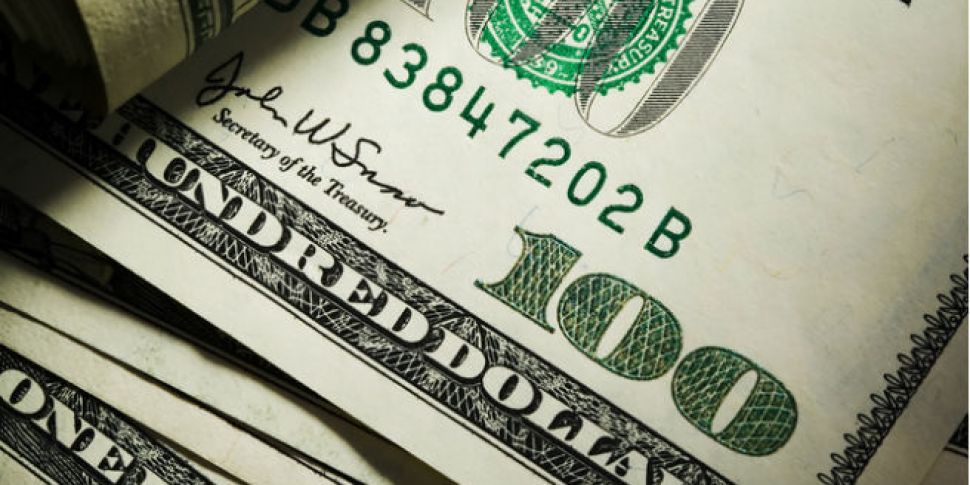The euro has tumbled to its lowest level against the US dollar since 2004.
It comes on foot of measures by the European Central Bank (ECB) to try to boost the Eurozone economy.
ECB President Mario Draghi announced the full-scale quantitative easing programme on Thursday. It is a move which is set to see €1.1tn being injected into the Eurozone economy.
This is double the size of the stimulus package that many analysts were expecting. It is hoped the funds will bring down borrowing costs, and boost bank lending.
The low of the single currency is being attributed to German opposition to the new measures.
The Financial Times says: "The once-strong relationship between the Eurozone's most powerful leader, Angela Merkel, and its central banking chief, Mario Draghi, is increasingly frosty."
It adds that Ms Merkel is "privately dismayed" with Mr Draghi's pledge to buy €60bn in bonds a month.
It is thought the move may have angered Berlin - who are unhappy that calls for quantitative easing have been placed above German fears that sovereign debt purchases will ease pressure on member states to reform their economies.
The paper also says that Germany viewed a suggestion by Mr Draghi that it should spend more to boost growth "as crossing a line."









